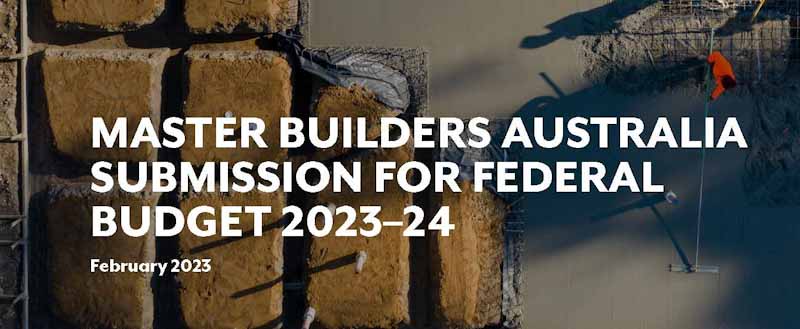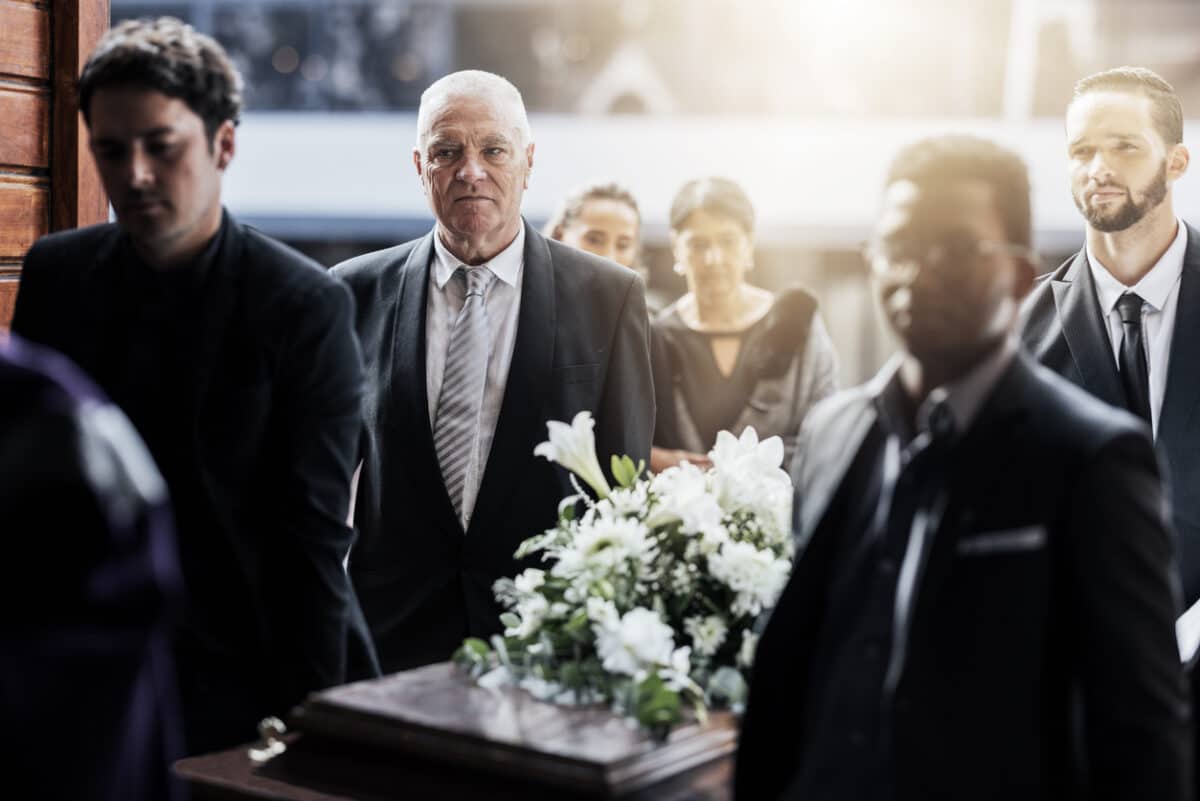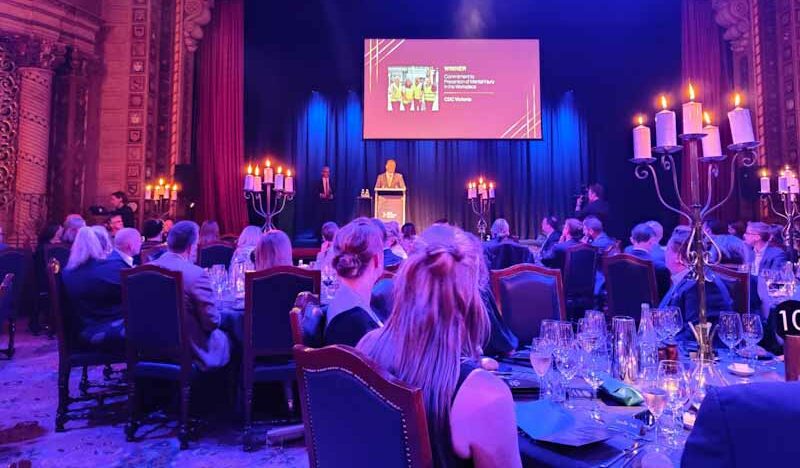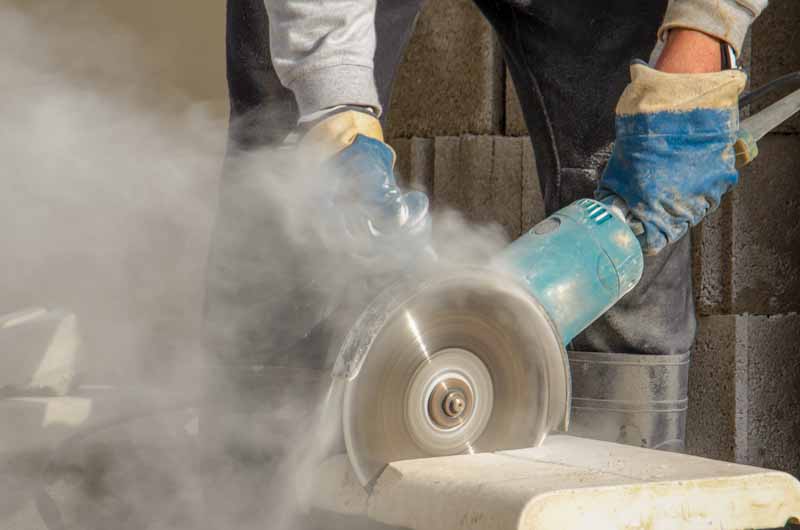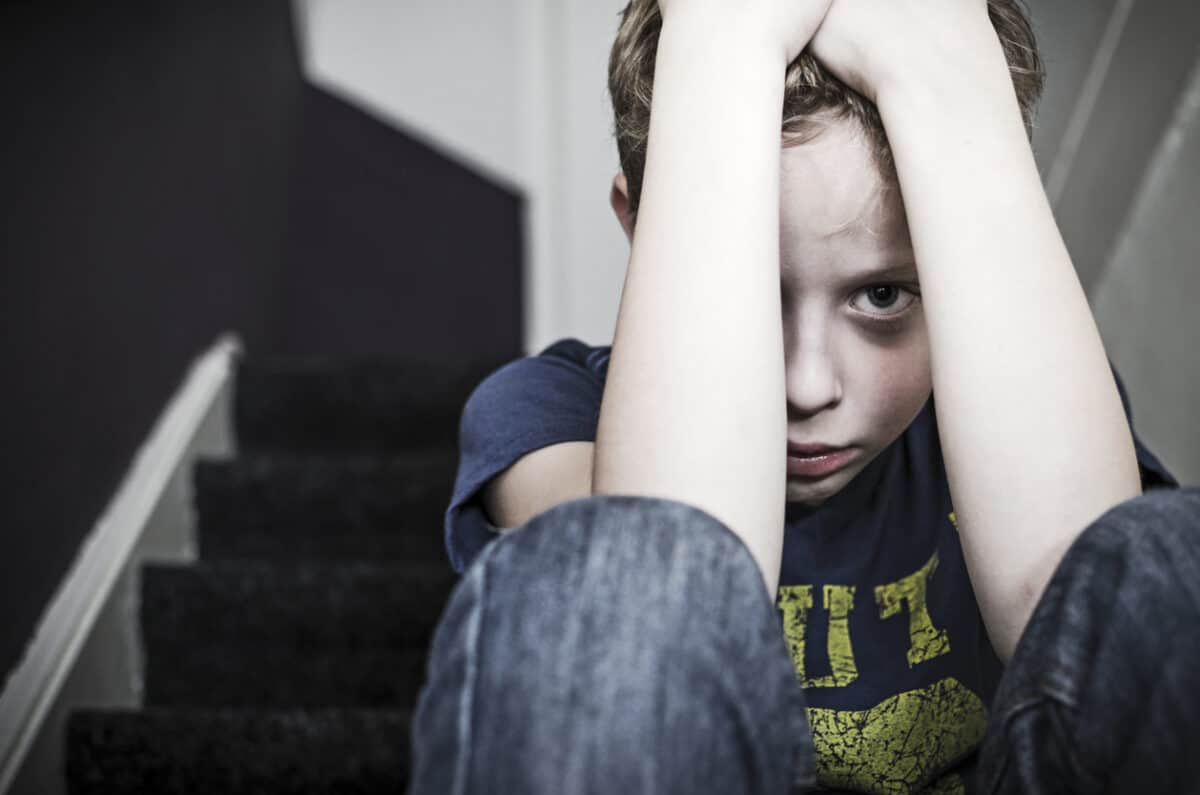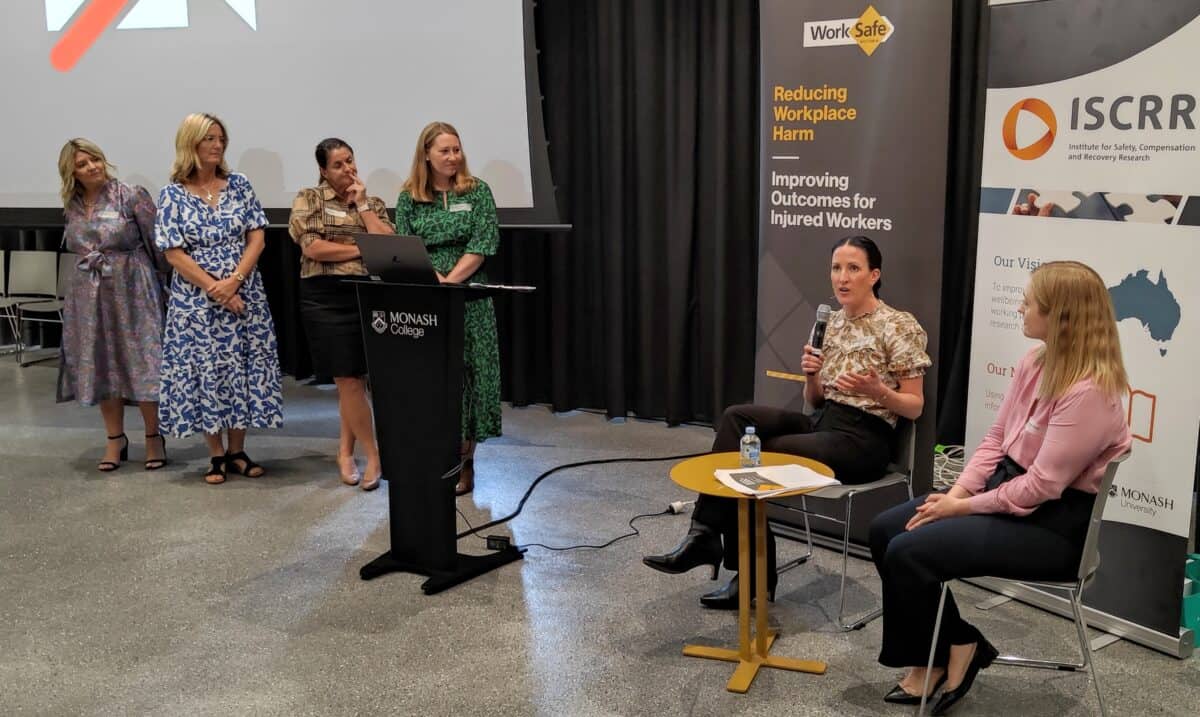Reading Safe Work Australia’s latest ten-year strategy forced me to think creatively.
SWA’s discussion of Persistent Challenges suggests controls that are almost all at the Administrative Control level – education, awareness, knowledge, training, understanding, support, communication and more. This is after admitting that:
“Injury and fatality rates have fallen significantly over the last decade. However, progress has slowed.”
Page 5
How can we increase the use of the Hierarchy of Controls (HoC) in determining safety-related policy? How can we get organisations to progress up the control hierarchy to show others that it is possible to prevent all of the incidents that everyone agrees are preventable? (Refer to WorkSafe Victoria’s Colin Radford for a recent example of this belief:
“Every workplace incident, every injury, every illness, every death is entirely unequivocally preventable.”)


